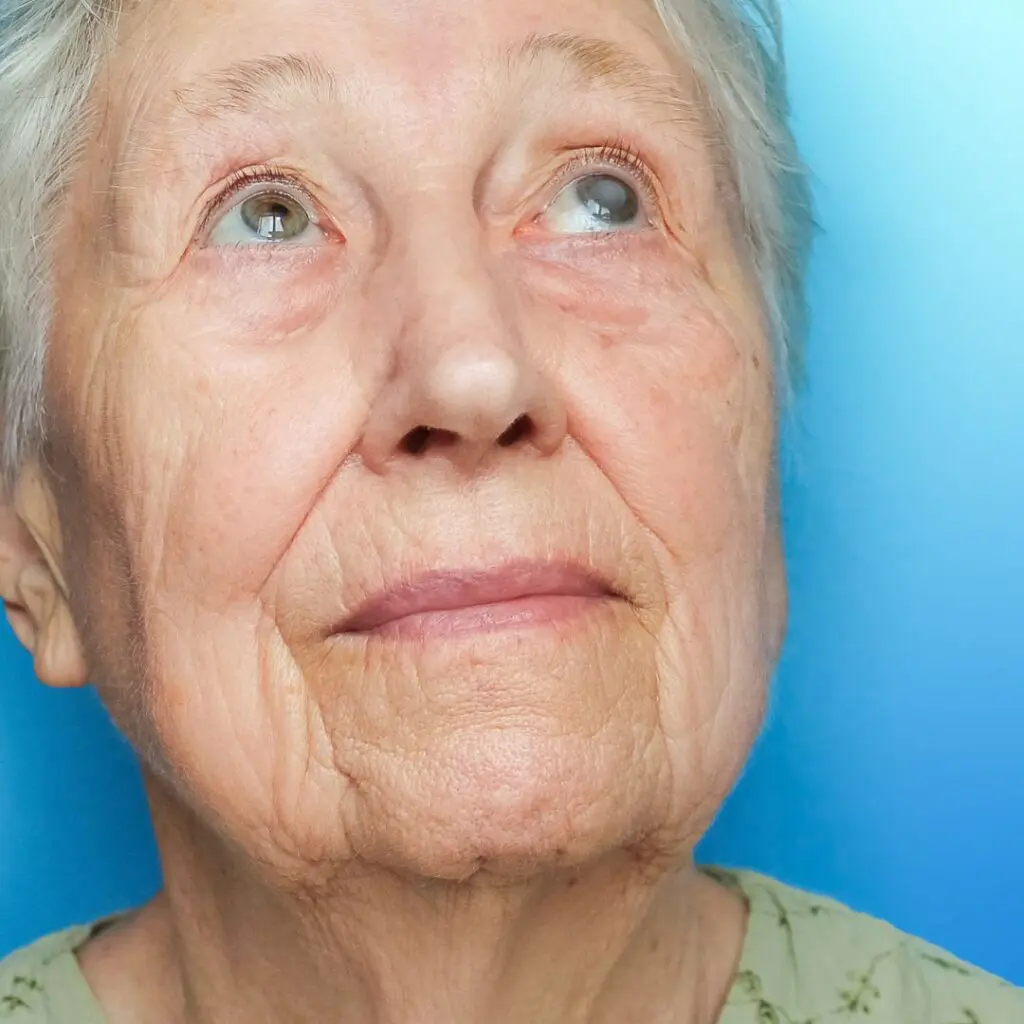Recognising the Signs of Cataracts in a Loved One
As we age, it is common to experience gradual changes in vision. However, not all changes should be attributed to “getting older.” Cataracts, a clouding of the eye’s natural lens, are one of the most prevalent age-related eye conditions, particularly affecting individuals over the age of 60.

Often developing slowly and without pain, cataracts can go unnoticed until they begin to interfere with daily activities. If you are concerned about a parent, grandparent, or other loved one, understanding the signs of cataract development can help ensure they receive timely care.
Key Symptoms to Look For
Individuals may describe their vision as foggy or hazy, or report that their sight is no longer as sharp or clear as it once was.
Reduced night vision is a common early symptom. Your loved one may struggle to drive in low-light conditions or avoid nighttime outings.
Cataracts can cause discomfort in bright sunlight or difficulty seeing clearly when exposed to oncoming headlights.
Needing new glasses more frequently than usual may indicate a change in the eye’s focusing ability caused by cataracts.
Cataracts can dull colour perception, making everyday objects appear less vibrant or washed out.
Seeing multiple images through a single eye (monocular double vision) is a symptom sometimes associated with early cataract formation.
Why Early Detection Is Important
While cataracts develop gradually, they can significantly impair quality of life if left untreated. Tasks such as reading, driving, recognising faces, or maintaining independence can become challenging. Cataract surgery is a highly effective procedure with excellent outcomes, capable of restoring clear, sharp vision and improving daily function.
Approaching the Conversation
Discussing health concerns with a loved one requires sensitivity. If you’ve observed some of the symptoms listed above, consider raising the topic in a supportive, non-confrontational way.
Next Steps
At Centre for Sight, we provide comprehensive assessments for cataracts and other age-related eye conditions. Our experienced ophthalmologists use the latest diagnostic technology to evaluate vision changes and guide patients through their treatment options with clarity and care.
If you suspect a loved one may be developing cataracts, encourage them to book a consultation. Early diagnosis leads to better outcomes and a faster return to clear, confident vision.